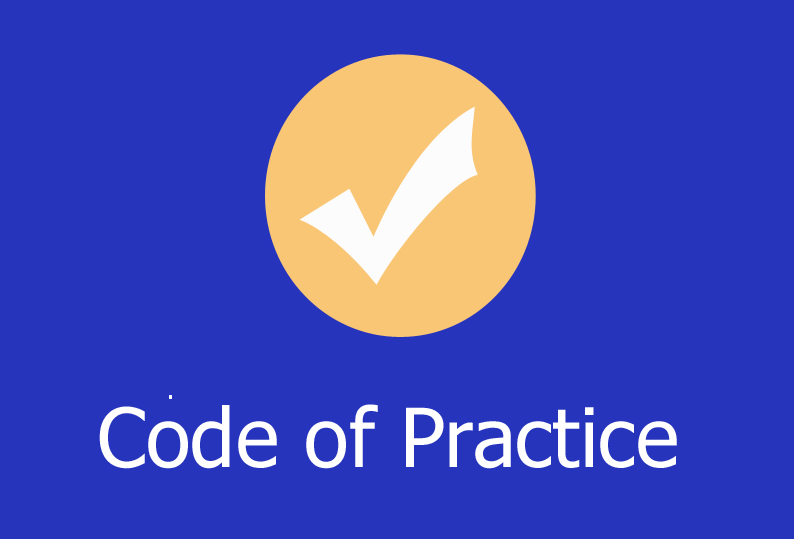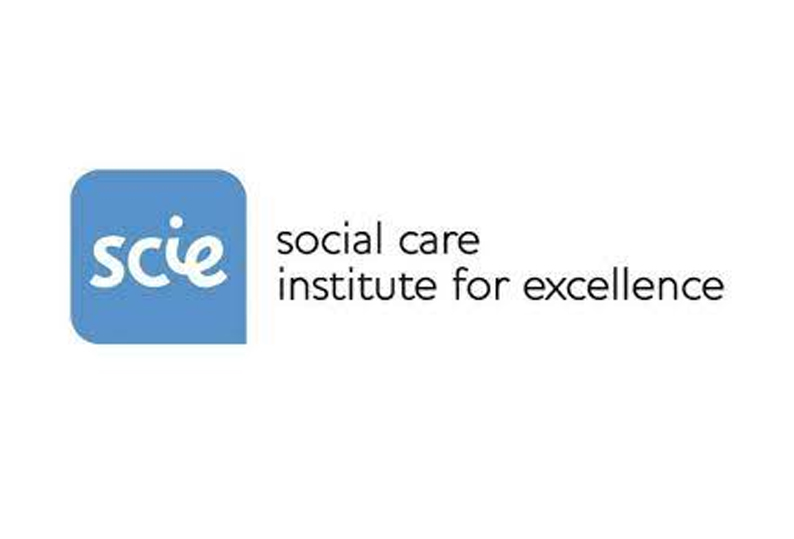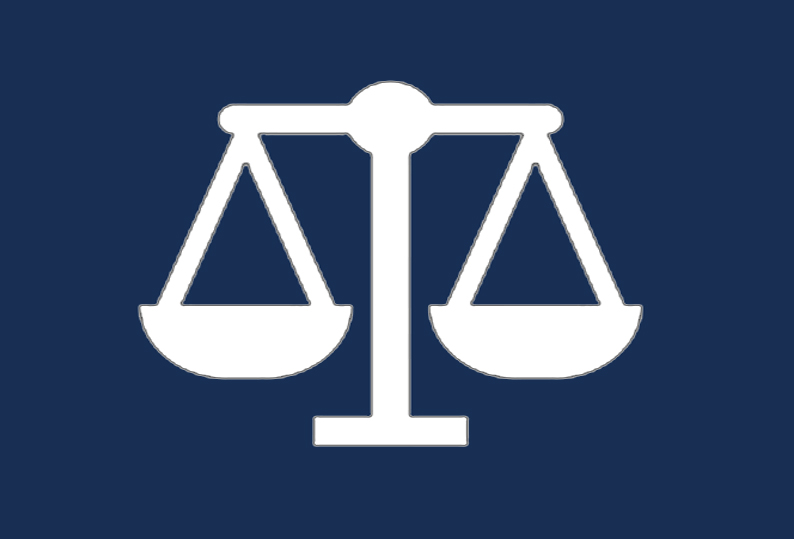Deprivation of Liberty Safeguards (DoLS)
Page updated on: 22/10/2024
People who lack mental capacity need to be cared for in a way that ensures they are safe, but as far as is possible they should also be free to do the things they want to do.
The Deprivation of Liberty Safeguards (DoLS) are part of the Mental Capacity Act 2005. They apply to adults who:
- are in hospital
- live in a care home
- Are in hospital/ care home and lack the mental capacity to consent to treatment or care.
If someone is prevented from what they want to do, this is called being deprived of their liberty. Sometimes people having treatment or care might be deprived of their liberty to keep them safe.
It is sometime in their best interest to deprive them of their liberty. The aim is to prevent them from coming to harm.
People responsible for making decisions on that person's behalf would have to be sure that those decisions are in that person's best interest and that there is no other way to look after them safely.
The Deprivation of Liberty Safeguards are there to ensure that if someone is deprived of their liberty, it is done in a way that is legal, proportionate and that protects the person.
If the hospital or care home think it’s in a person’s best interest to be deprived of their liberty they have to apply for and be issued with a DoLS authorisation.
Carmarthenshire County Council is the Supervisory Body for those authorisations where the person is residing at a residential or nursing home and are ordinarily resident within Carmarthenshire. Hospitals have their own supervisory body when a patient is being deprived of their liberty within a hospital setting.
The Care Home is known as the ‘Managing Authority’ when entering this process.
The Managing Authority must apply to the Supervisory body.
Once the Managing Authority (Care Home) applies for a DoLS authorisation, it means that the supervisory body must be satisfied that the criteria is met and is responsible to appoint a minimum of two professionals to assess the person and check that all relevant grounds are met before a DoLS authorisation is issued.
There are 6 parts to the assessment process:
- Age assessment – is the person over 18 years of age?
- Mental Health – Does the person have a mental disorder?
- Mental Capacity –Does the person lack mental capacity to make decision about their care arrangements and the deprivation of liberty arising therefrom?
- Best Interests – Does a deprivation of liberty apply? If so is it:
- in the person’s best interests?
- required to keep the person safe from harm?
- a reasonable response to the likelihood of the person suffering harm (including less restrictive options and if they are more appropriate). - Eligibility- Is the person already liable to detention under the Mental Health Act 1983, or would they meet the requirements for detention under this Act? If they are then the Mental Health Act should apply and not the Deprivation of Liberty Safeguards.
- No Refusals – Would the authorisation contradict or conflict with any advance decision the person has made refusing treatment or with any decisions made by for example, a court appointed Deputy or someone with a Lasting Power of Attorney.
If an authorisation is issued by the Supervisory Body (the council) it must appoint what is called a Relevant Person’s Representative as soon as possible to represent the person who has been deprived of their liberty.
The Relevant Person’s Representative role is to
- Maintain contact with the Relevant Person.
- Represent and support the Relevant Person in all matters relating to the
Deprivation of Liberty Safeguards including triggering a review if necessary. This can include making an application to the Court of Protection.
A family member or friend can be appointed to the Relevant Person’s Representative role but if there is no one suitable then the Supervisory Body(the council) will appoint a paid representative. This is called an Independent Mental Capacity Advocate (IMCA).
The RPR will be informed in writing, including details such as the purpose of the deprivation of liberty and the period for which it is to be in place.
There are two types of authorisation requests, standard and urgent.
Urgent Authorisations
Urgent authorisations are valid for a maximum of seven calendar days, they are only given if it is clear that there is a need to deprive someone of their liberty immediately in their own best interests in order to protect them from harm.
Standard Authorisations
Standard authorisations are the most common type of authorisation. An application for this kind of authorisation should be made before a person is deprived of liberty and only when it is clear that less restrictive measures will not meet the person’s needs.
Once issued, a standard authorisation can last for a maximum of 12 months, but every effort should be made to ensure that it is in place for as short a time as possible.
When a supervisory body receives an application for a standard deprivation of liberty authorisation from a care home, and no urgent authorisation has been given, it has 21 calendar days in which to complete the assessment process
When an authorisation comes to an end for any reason, the supervisory body should inform the person or their RPR in writing. The person should cease to be deprived of their liberty immediately. This also applies if an authorisation is suspended, which is possible for a maximum of 28 calendar days.
We understand that in some cases the person or the Relevant Person’s representative or someone acting on their behalf may not agree with a Deprivation. In these cases, we suggest that the Relevant Person’s Representative, friend, family member speaks to the Care Home Manager in the first instance.
A review can be undertaken of the DoLS if requested. In the event that you consider the outcome of this review unsatisfactory then an application can be made to the Court of Protection, to further consider the situation . The person being deprived and the RPR has a right to support by a specialist Independent Mental Capacity Advocate (IMCA).








